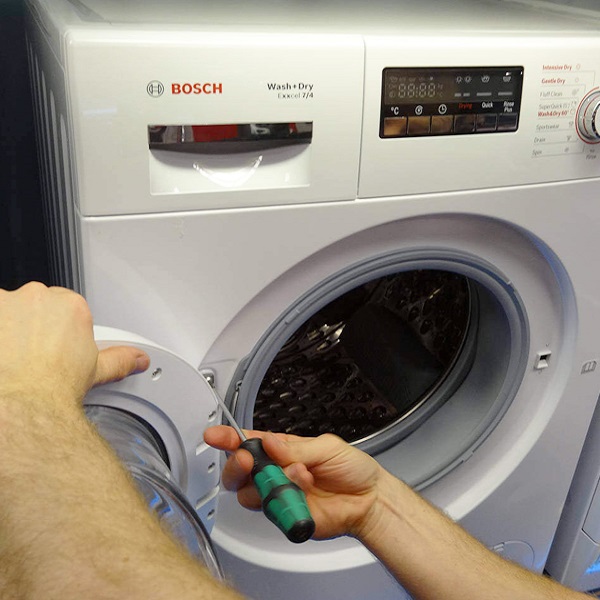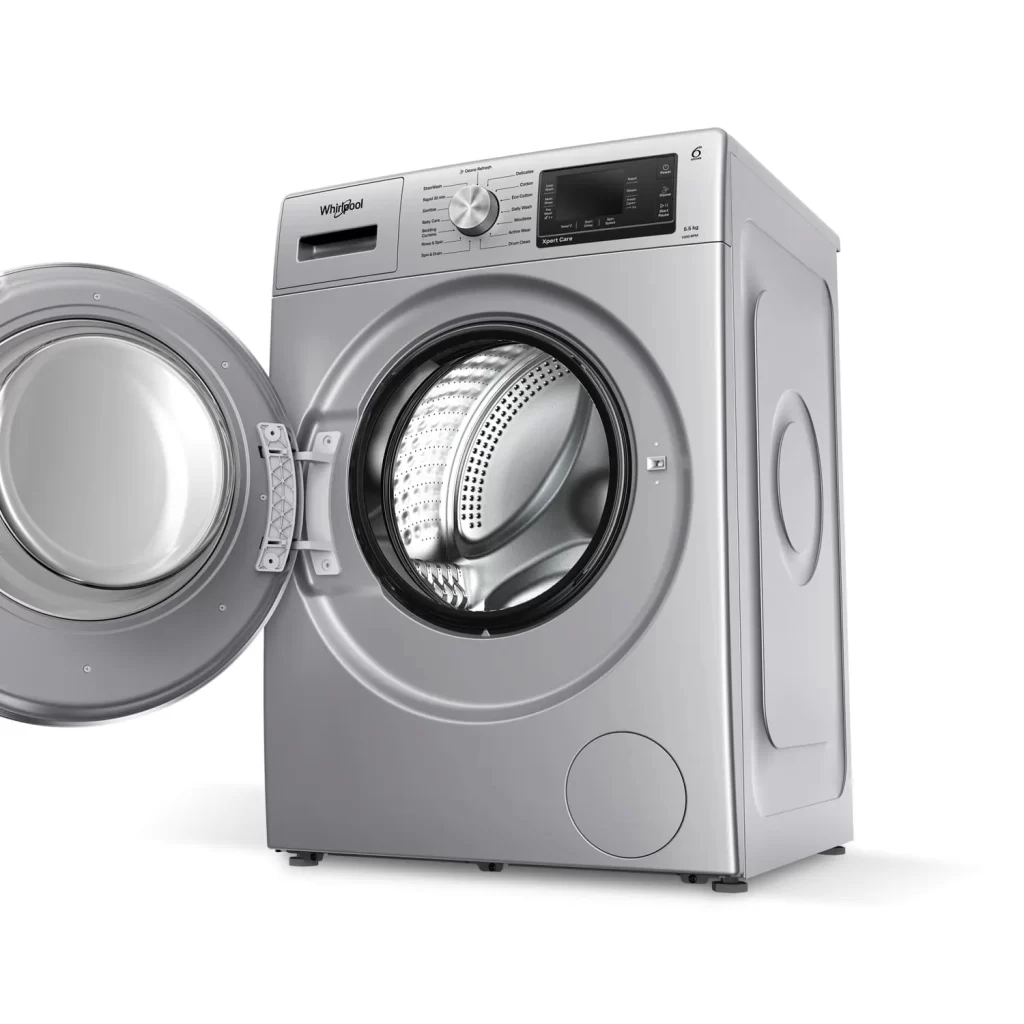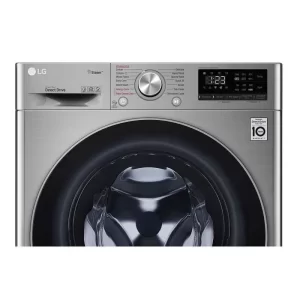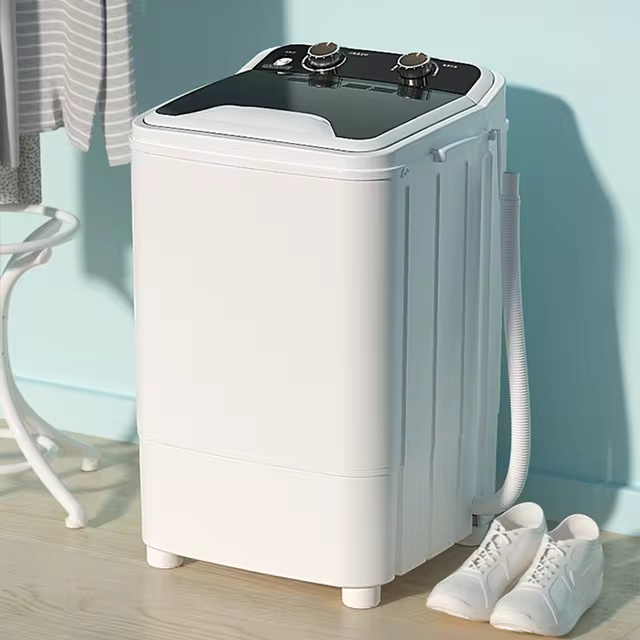What is the Average Cost to Repair a Washing Machine?
Washing machines are essential appliances in most households, tasked with the significant duty of cleaning our laundry. However, like any mechanical device, they can malfunction and require repairs. For homeowners, understanding the average cost to repair a washing machine can be crucial in deciding whether to invest in repairs or opt for a replacement. In this article, we will delve into various aspects of washing machine repairs, including common issues, repair costs, factors influencing these costs, and tips for extending the lifespan of your appliance.
Common Issues Faced by Washing Machines
Leaking Water
One of the most prevalent problems that washing machines face is leaking water. This can be caused by worn-out door seals, loose hoses, or faulty pumps. When a washing machine leaks, it can lead to water damage in the surrounding area, making it imperative to address this issue promptly.
Noisy Operation
If your washing machine is making unusual noises during operation, it could indicate several problems. These may include an unbalanced load, worn-out bearings, or a faulty motor. A professional repair service can diagnose the issue, but it can be uncomfortable and concerning for homeowners to deal with strange sounds emanating from their appliances.
Drum Won’t Spin
A washing machine’s drum is critical for the cleaning process. If it fails to spin, it may indicate a problem with the drive belt, motor, or the machine’s control panel. This issue can hinder the machine’s effectiveness and make it challenging to dry clothes adequately.
Door or Lid Problems
Problems related to the door or lid are also common. If a front-loading washing machine won’t open, it could be that the latch is broken or malfunctioning. For top-loaders, issues might arise with the lid switch. Both problems can be annoying and prevent you from accessing your laundry.
Incorrect Water Levels
If your washing machine doesn’t fill properly, or if it fills up too much, it may signal an issue with the water level sensor or the valves. Correct water levels are essential for the machine’s performance and should be addressed immediately.
Electrical Issues
Electrical problems can manifest in various ways in washing machines. From error codes flashing on control panels to complete failures to turn on, these issues can be frustrating. They can stem from faulty wiring, broken circuit boards, or issues with the power supply.
Average Cost of Washing Machine Repairs
Overview of Repair Costs
The average cost to repair a washing machine typically ranges from $150 to $400. However, this cost can vary significantly based on several factors, including the type of repair needed, the model of the washing machine, and geographical location. Understanding these costs can help homeowners make informed decisions about their appliances.
Typical Repair Costs by Issue
- Leaking Water: Repairing a leak can range from $150 to $300, depending on whether it’s a simple hose replacement or more complex issues requiring new pumps.
- Noisy Operation: Fixing noisy washing machines can cost between $150 and $250. If the issue lies with the drum bearings, the cost may climb higher, given that it can involve extensive labor.
- Drum Not Spinning: This repair can run between $200 and $300, especially if a new motor is involved.
- Door/Lid Issues: Repair costs may vary from $100 to $200 based on whether it’s a simple latch replacement or more complex electronics.
- Incorrect Water Levels: Addressing water level issues may cost between $150 and $300, depending on the faulty components that need replacement.
- Electrical Issues: These can be the most expensive repairs, averaging $200 to $400 based on the extent of electrical issues.
Factors Influencing Repair Costs
Several factors can influence the overall cost of washing machine repairs. Understanding these can help homeowners prepare for the financial aspect of appliance maintenance.
Brand
The brand of the washing machine can play a significant role in repair costs. Premium brands often have costlier parts, and repairs may require specialized technicians who charge higher service fees. Some brands may also have more readily available parts, leading to lower repair costs.
Age of the Appliance
As appliances age, they can develop more frequent issues. If a washing machine is over 10 years old, repairs may become increasingly expensive, leading some homeowners to consider replacement rather than repair. Older models may also have discontinued parts, making it harder and often costlier to find replacements.
Type of Repair
As previously mentioned, the complexity of the repair significantly affects the price. Simple fixes may only require basic tools and minimal labor, while others may necessitate extensive labor and specialized tools or parts.
Labor Costs
Geographical location plays a crucial role in determining labor costs. Areas with a higher cost of living will likely see increased service fees. It is always advisable to get multiple quotes from service providers to find the best deal.
DIY Repairs vs. Professional Services
When to Attempt DIY Repairs
Many homeowners may consider tackling minor repairs themselves to save on costs. Common DIY repairs may include:
- Cleaning the Filter: A clogged filter can restrict water flow and efficiency. Regular cleaning can prevent many issues.
- Replacing Hoses: If leaks are caused by damaged hoses, replacing them can be a straightforward task for most homeowners with basic tools.
- Leveling the Appliance: Unbalanced washing machines can create problems. Adjusting the feet to ensure a flat placement can rectify this.
When to Hire a Professional
While some repairs can be managed independently, many issues require professional intervention. Homeowners should consider hiring a technician if:
- Complex Electrical Issues: If the problem involves wiring or the control panel, leave it to the professionals to avoid safety hazards.
- Uncertain Symptoms: If you’re unsure about the cause of the problem, a professional’s diagnostic abilities can help identify the issue quickly.
- Time Constraints: If you lack the time or tools for the repair, hiring a technician can provide peace of mind.
Extending the Lifespan of Your Washing Machine
Regular Maintenance Tips
Caring for your washing machine can significantly extend its lifespan and reduce the risk of costly repairs in the future. Here are some essential maintenance tips:
- Clean the Drum: Run hot water cycles with specialized cleaning agents to prevent mold and mildew buildup, especially in front-loading machines.
- Inspect Hoses: Regularly check hoses for signs of wear and replace any that appear frayed or bulged.
- Keep the Door Open: After doing laundry, leave the door ajar to allow moisture to escape, reducing mildew risk.
- Level the Appliance: Ensure your washing machine is level to minimize vibrations during cycles.
- Descale as Needed: If you live in a hard water area, use descaling agents to prevent build-up in the machine’s internal components.
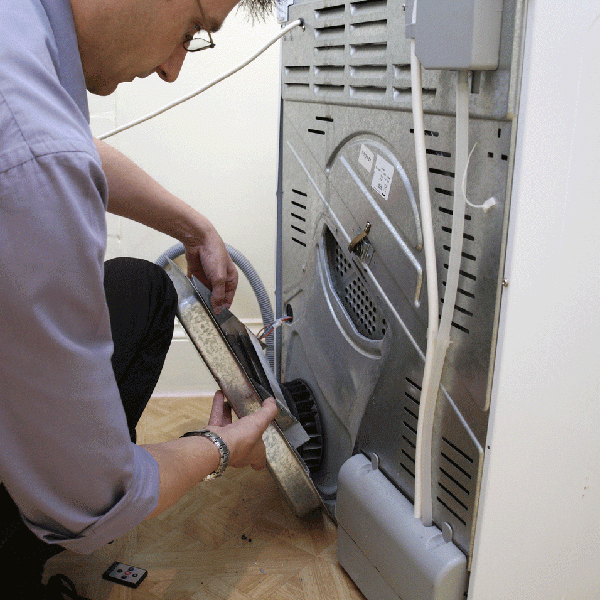 Making the Decision: Repair vs. Replacement
Making the Decision: Repair vs. Replacement
When faced with a repair decision, homeowners may grapple with whether to repair their existing unit or invest in a new washing machine. Here are several considerations to guide the decision-making process:
Age of the Washing Machine
If your washing machine is over a decade old and requires extensive repairs, it may be more cost-effective to purchase a new unit. Modern washing machines not only offer better energy efficiency but also come with advanced features that older models lack.
Cost of Repairs
If repair costs approach 50% or more of the price of a new washing machine, it might make more sense to replace the appliance. Weighing the potential long-term savings on energy and water bills with the costs associated with repairs will help determine the best course of action.
Warranty Status
If your washing machine is under warranty, most repairs may be covered, making it an easy choice to pursue a fix. Always check the warranty’s specifics before deciding.
Energy Efficiency
Newer washing machines are typically more energy-efficient, which can lead to savings on utility bills. If you find that repairing an older machine is going to make it continue consuming higher amounts of water or electricity, it might be worth the investment in a newer model.
Final Thoughts
Understanding the average cost to repair a washing machine is an invaluable aspect of homeownership. While minor issues like a leaking hose can be fixed for as little as $150, more extensive problems can escalate in cost, prompting a decision between repair and replacement. Regular maintenance can help extend your washing machine’s lifespan and minimize the frequency of repairs. Ultimately, understanding the costs and knowing when to call a professional can save homeowners both time and money, ensuring smooth operation of this vital household appliance.
